It is important to know the types of teaching methods, feedback and assessment techniques used so each student exactly knows how to work, what to do and what to expect.
Teaching Methods
The programme includes a variety of methods of teaching and learning, the ultimate goal of which is to make students able to experience and apply specific methods in their own practices.
Methodological approaches include online lectures and seminars, synchronous and asynchronous sessions, and presentations, individual and group folders work (e-portfolio) and studies, and presentations by speakers. All students are guided by a supervisor throughout the programme.
Particular attention is given to a student-centred approach based on collaborative activities that require the full participation of all students. These methods combine the theoretical background with practical applications in an environment of teaching and learning that fully utilise Information and Communication Technologies (ICTs), the Internet and multimedia. Therefore, students gain practical experience and thus develop skills using technology tools related to the object of their teaching. Through the use of technology during the programme, students also develop digital literacy skills and information management.
Research consultant and Academic Advisor
A Research Supervisor is assigned for each newcomer postgraduate student. The RS supervises the student’s research activity and provides the necessary guidance for the preparation of the thesis.
The Studies and Student Affairs services maintains a record of the name of the Research Supervisor and the Academic Advisor for each student and refers the student to them in case the student needs guidance on matters relating to the above aspects of their studies.
Feedback Methods
A variety of feedback methods is employed in an effort to keep students continuously informed about their learning progress.
More information is given to students in Moodle.
Assessment Methods
Assessment serves multiple purposes:
(a) It provides an opportunity to monitor student progress and performance throughout the term
(b) It provides an indicator of progress for students, which enables them to take on greater responsibility for their own learning
Each of the first eight modules has a final exam.
Students can find out about each module assessment in each module outline which is given to them at the beginning of each module.
In general, students have around 4 assessment tasks per module.
Criteria and rubrics are used for all assessments and discussions so that students know how they are assessed.
Students receive feedback for every task.
The content of each course determines the students’ assessment. All courses follow a common framework based on:
- Individual studies
- Group studies
- Final evaluation of each module
- Thesis
- Final evaluation of the programme
The evaluation of students is based on the regulations of graduate studies of the Cyprus University of Technology.
Assessment tasks may include:
- Quizzes
- Research papers
- Case studies
- Student-created digital material
- Student discussion participation
- Collaborative projects
- Reflective Journals
- Electronic Portfolios (e-portfolios)
Collaborative projects include work undertaken by small groups of students (2-3).
In group studies, students are asked to provide information, investigate the existing knowledge on the field under investigation through the identification of relevant sources. This cooperation may take the form of discussion forums, wikis, blogs, electronic batch files work (e-portfolio), audiovisual material individual tasks which are usually derived from group projects and pursue in-depth study of a topic.
The studies, either collective or individual, aim to develop the theoretical and practical aspects of the course. The theoretical aspects include frameworks / standards and information from the analysis and evaluation of the relevant literature. The practical aspects include the design and development of educational applications of technology.
